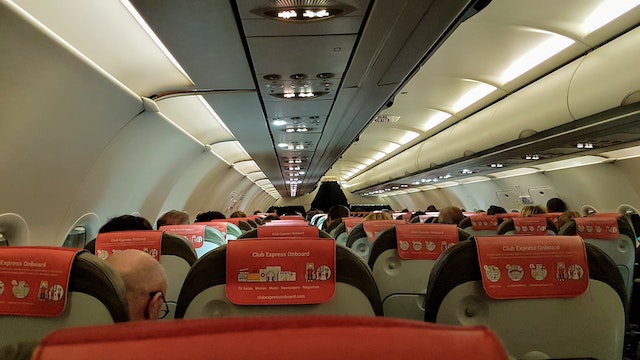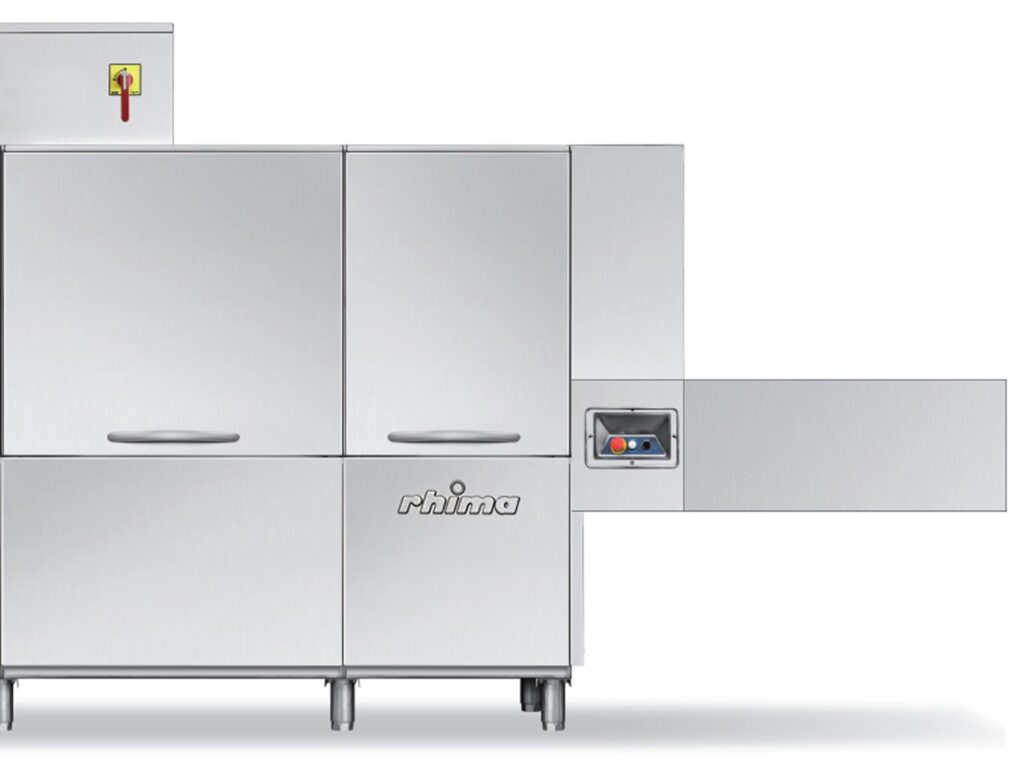Replace the tank water at least every 20 wash cycles to avoid inefficiently washed dishes – and more if your dishwasher handles more items, such as in airline food services. The equipment may also pause and draw water inside, causing it to malfunction if water is left in the tank. Upon changing the filter, you should also refill the water tank to guarantee that the dishes are always clean. Changing the water can also help reduce bacteria and contamination risks.
Get Started With These Products
In-Flight Caterers
In the fast-paced world of in-flight catering, maintaining cleanliness and hygiene is crucial for delivering top-notch service to passengers across all classes—business, first, and economy. Whether you’re washing fine glassware, elegant dishes, or utensils, it’s essential to have reliable, efficient washing systems in place to keep up with the high volume of items used during each flight.
Our RF flight-type washers are specifically designed to meet the rigorous demands of in-flight catering wash-up operations. With powerful cleaning performance, quick turnaround times, and exceptional hygiene standards, our wash systems ensure that all your in-flight catering items are spotless and ready for use.


Streamline Your In-Flight Catering Operations
Whether you’re washing fine glassware for business class or standard dishes for economy, our RF flight-type washers provide reliable, high-performance cleaning that meets the unique needs of airline in-flight catering. Keep your operation running smoothly and efficiently with our custom-designed wash systems, ensuring that every meal service is backed by spotless dishes and glassware.
Let us help you elevate the cleanliness and service quality for your passengers by providing the best in in-flight catering wash-up systems.
-
How often should you replace the water in a commercial dishwasher?
-
What chemicals are used in commercial dishwashers?
Commercial dishwashers are composed of various materials, but stainless steel is the most common. Dishwasher detergents and washing chemicals are often used in commercial dishwashers. Dishwasher detergents contain a special formulation that activates when the commercial dishwasher heats up, and the water is sprayed with high pressure.
